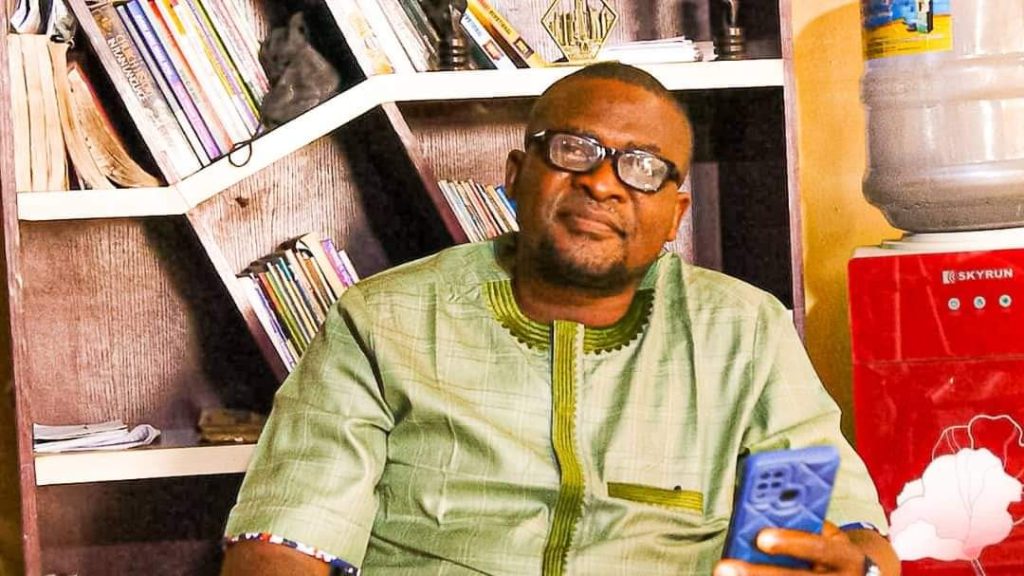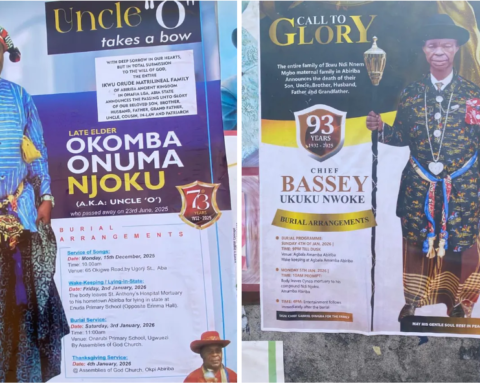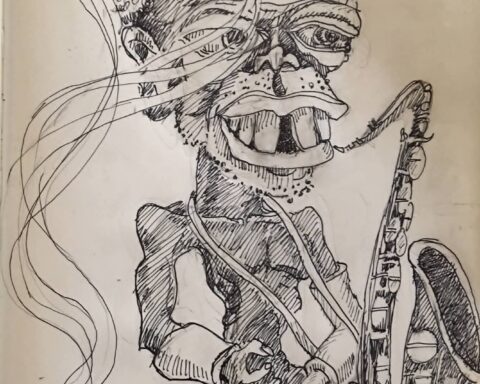The price of misplaced loyalty is high, and ordinary Nigerians pay it.
Policy Whiplash: Constant defections shift legislative coalitions, alter budget priorities, and disrupt continuity in governance. Policies are abandoned midway, replaced by projects that serve new political alignments rather than the people.
Governance by Litigation: Courts are dragged into settling political quarrels that should have been resolved by party structures or electoral laws. Judges become referees in partisan battles, slowing down governance and eroding judicial neutrality.
Civic Fatigue: Citizens grow weary and cynical. When people believe elections are merely elite contests, they disengage, fueling voter apathy and weakening democracy itself.
Rethinking Loyalty
If democracy is to serve Nigeria, loyalty must be reordered: Constitution → Country → Constituents → Party → Self. Party loyalty is not inherently bad—it becomes dangerous when it eclipses constitutional duty and national survival.
To achieve this, reforms are needed.
1. Close Defection Loopholes: Amend the Constitution to remove the vague “division” clause and extend anti-defection provisions to executives. This would reduce opportunistic party hopping.
2. Strengthen Internal Party Democracy: Without transparent primaries and internal fairness, “party supremacy” simply means “faction supremacy.”
3. Consider Independent Candidacy: A regulated path for independent candidates would give principled politicians an option outside the party machinery.
4. Promote Cross-Party Cooperation: Caucuses in the legislature should focus on national issues like education, security, and health, building consensus across party lines.
5. Civic Responsibility: Voters must reward leaders who put country first and penalize those who treat governance as a party game.
Final Word
Democracy was never meant to be a tug-of-war between politicians and their parties; it was meant to be a system of service to the nation. When loyalty to party trumps loyalty to the republic, Nigeria loses. When leaders and followers alike insist on putting the Constitution and the country above faction and self, democracy matures.
The next time a politician defects, or a party cries “supremacy,” Nigerians must ask one question: Who benefits—Nigeria, or the party?
Our future depends on the answer.



























